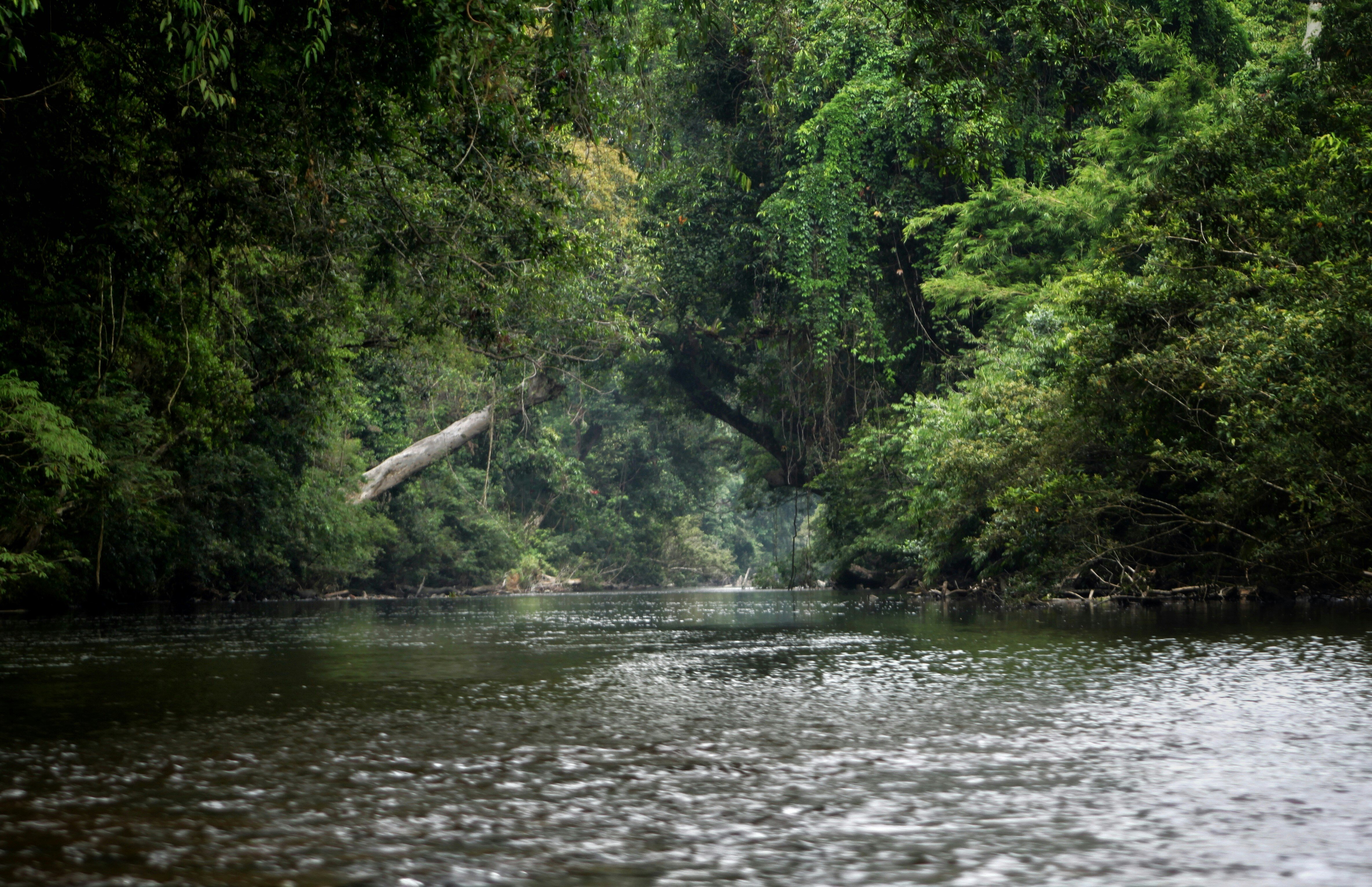Week 46: Conservation Finance News
Malaysia proposing environmental sustainability stewardship' motion as ASEAN Chairmanship
Malaysia will propose a motion on environmental sustainability, focusing on plastic waste, during its Asean chairmanship, says NRES Minister Nik Nazmi Nik Ahmad. The initiative seeks stricter regional measures to tackle plastic waste issues. Domestically, Malaysia will cut plastic waste import quotas from 2018 to focus on high-value industries. Nazmi emphasized the government's commitment to fighting illegal waste imports and supports the EU's restrictions on waste exports to non-OECD countries, urging better waste management by developed nations. Click here to learn more.
Malaysia Will Present 7 Core Focus Area At COP29
Malaysia will present its climate action strategy at COP29 in Baku, focusing on a whole-of-nation approach. The country aims to attract green investments through supportive policies and will highlight seven core areas: sustainable finance, trade and industry, natural resources, energy, technology and innovation, sustainable development, and youth adaptation. These initiatives aim to boost investments, enhance climate leadership, and strengthen international partnerships for net-zero emissions goals. To learn more, you can click here.
Sabah Forestry and EU advanced their partnership
The Sabah Forestry Department and the EU held a workshop in Kota Kinabalu to update the Sabah Timber Legality Assurance System (TLAS) for compliance with EU regulations, reinforcing sustainable forestry. The workshop aimed to boost Sabah's timber credibility and address forest conversion and traceability. With 63% forest cover, Sabah plans to designate 30% as Totally Protected Areas by 2025. The updated TLAS will support compliant timber exports, maintaining Sabah's EU market edge. The collaboration aims to complete the TLAS update by May 2025, promoting sustainable timber production.Click here to learn more.
SFC and Mubadala are working on two-year mangrove rewilding pilot project
Sarawak Forestry Corporation and Mubadala Energy signed an agreement for a two-year mangrove rewilding project in Kuching Wetland National Park, marking a long-term partnership on sustainable practices in Sarawak. The project, highlighted for its ESG significance, will start next year. To know more, you can click here.
Managing peatland is more urgent in Southeast Asia
Southeast Asia faces environmental challenges from peatland degradation, causing haze and emissions. The ASEAN Peatland Management Strategy (APMS) 2023-2030 addresses these through sustainable management and restoration. With 25-30 million hectares of peatlands, these areas are crucial for carbon storage and biodiversity. APMS calls for urgent action, regional cooperation, and alignment with global goals to combat climate change and biodiversity loss, focusing on monitoring and collaboration to reduce peatland degradation and haze pollution. To know more, you can click here.
Call for more action by corporates on finance for nature
The UN biodiversity conference in Cali, Colombia, highlighted modest government actions and significant corporate commitments to biodiversity. Despite slow progress on financial pledges and subsidy reductions, 119 countries submitted biodiversity targets. Positive outcomes included involving Indigenous communities in decision-making, approving science-based business targets, and launching funds like the Tropical Forests Forever Fund for conservation. The conference emphasized the need for corporate involvement in biodiversity efforts. To know more, you can click here.
WWF released a framework for financing nature-positive infrastructure
The Kunming-Montreal Global Biodiversity Framework aims to stop biodiversity loss by 2030, creating challenges for financial institutions (FIs) in infrastructure investments. FIs face risks from changing nature protection regulations, affecting planning, costs, and operations, along with economic factors like subsidy shifts and land prices. Biodiversity loss also increases risks like natural disasters, threatening infrastructure sustainability. With wildlife populations down 60% due to infrastructure expansion, the framework stresses the need for sustainable models. WWF released a report on managing biodiversity risks and promoting green growth during COP16. To learn more, you can click here.
Public funding stalled at COP16, focus shifts to private investment
At the UN biodiversity summit COP16 in Cali, wealthy nations hesitated to fulfill conservation funding commitments, failing to strategize for the needed US$200 billion annually by 2030. Despite pledges under the Kunming-Montreal Framework, talks stalled, and no consensus was reached. Developed countries cut foreign aid, contributing only US$163 million to the Global Biodiversity Fund. This has shifted focus to private capital, with plans to charge companies for genetic data potentially raising US$1 billion annually. Experts call for innovative funding like green bonds and debt-for-nature swaps to prevent ecosystem collapse. To learn more, click here.
Can COP29 deliver justice and finance for the Global South?
The article addresses climate justice and finance for developing countries, especially in the Global South, before COP29. It stresses the need for wealthier nations to boost financial commitments for climate change mitigation and adaptation. Emerging economies like Indonesia advocate for more support and fair policies. Developing nations urge fulfillment of the $100 billion annual climate finance goal by 2025, while tensions persist over wealthy nations' contributions. Concerns about "greenwashing" arise as some nations pledge funds but continue expanding fossil fuel industries. Click here to learn more.
New GCF Policy Enhances Forest Conservation with REDD+ Payments
The Green Climate Fund (GCF) adopted a new REDD+ policy, increasing payments to $8 per ton to boost forest finance and emission reductions in developing nations. This 60% increase targets Small Island Developing States (SIDS) and Least Developed Countries (LDCs) from 2024–2027. The policy supports climate action, sustainable forest livelihoods, and biodiversity, aligning with GCF frameworks. An enhanced Readiness Program will aid countries in strengthening REDD+ initiatives for faster payment eligibility. Click here to learn more.



